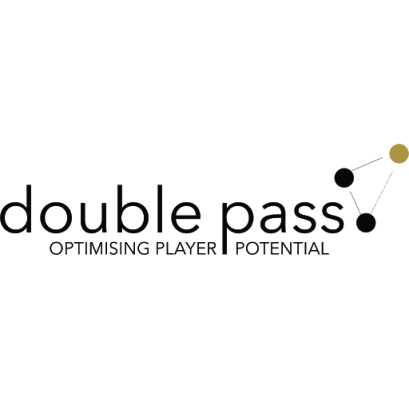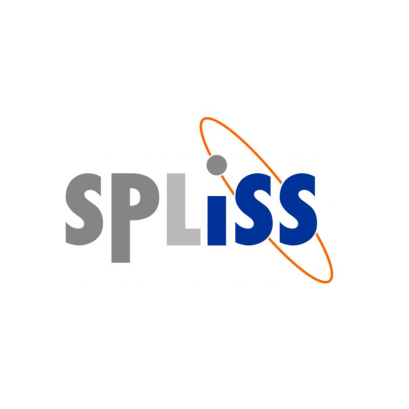What are we doing?
By recognizing the importance of a comprehensive perspective of the social impact of grassroots and elite sport, the research group Sport & Society (SASO) has put itself in a unique position in the domain of social sport sciences. Members of SASO cover specific areas within different research disciplines of social sports studies (i.e., sociology, education, psychology, policy and management). SASO focuses on the study of developmental, social and policy-related issues relating to sport within different contexts and levels. In each of these areas SASO has secured a well-established position at national and international level.
SASO, under the supervision of Marc Theeboom, has a longstanding tradition for its research on developmental aspects of sport in relation to populations in socially deprived situations. Most notably, SASO has done extensive qualitative research with regard to experiences of at-risk youth in sports-based developmental practices. Initiated by Paul De Knop in the late 1980’s and early 1990’s, who pioneered youth sport research in Europe, over the years SASO gradually expanded its level of expertise by focusing on youth in socially vulnerable situations. SASO focuses on understanding and evaluating the impact of grassroots community sport policies targeting hard-to-reach populations and on sports-based developmental programmes for targeted groups in socially vulnerable situations. Over the years, the focus has largely been directed at micro level when describing and identifying core components of sports-based developmental practices and analysing youth's experiences. We have now begun to look for a more in-depth understanding of the processes expected to lead to actual social impact.
Situated on the continuum between grassroots and elite sport, SASO has also focused on organisational theories and developed a unique position in the performance and quality management of sport organisations and youth sport development, led by Jo Van Hoecke, who later established a VUB spin-off Double PASS. In the early nineties, SASO (at that time sport policy and management) won several awards for its contribution to the quality of youth sport and the work was published in numerous international journals ever since. This research has been valorised in several prestigious international contexts, currently focussing on football.
SPLISS is the acronym for the international research group Sports Policy factors Leading to International Sporting Success under the supervision of Veerle De Bosscher. Through its research on elite sport at meso level, SPLISS has built methodological expertise in determining and measuring the effectiveness and efficiency of (elite) sports organisations and sports policies, from an international comparative perspective. Besides being methodologically pioneering, this line of research distinguishes itself from and is complementary to existing literature because it identified relationships between inputs, throughputs and outputs in elite sport as assumed preconditions to produce elite sport outcomes (and impact).
SPMB is the acronym for the research group Sport Psychology and Mental Support under the supervision of Paul Wylleman. This group focuses on research into the career development and career transitions of talented, elite and former elite athletes with specific attention for research into the athletes’ dual careers (i.e., sport and study, sport and employment), the development of competences related to performance behaviour and mental skills (e.g., resilience). Research is also focused on the quality of (sport) psychology support provision to talented, elite, former elite athletes, coaches and support staff.
Chair of SASO: Prof. dr. Marc Theeboom For more information: saso@vub.be



